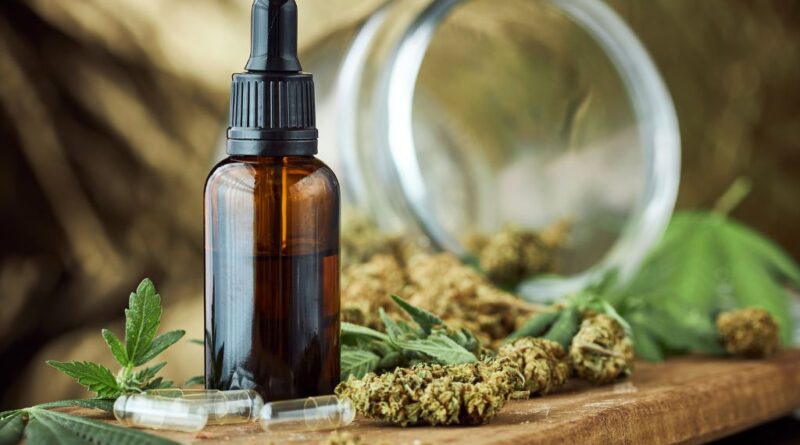Natural THCa Cannabis: Clean and Effective
Natural THCa Cannabis: Clean and Effective
In recent years, the cannabis industry has witnessed a surge in interest surrounding THCa, a non-psychoactive cannabinoid found in raw cannabis plants. Unlike its more famous counterpart, THC, THCa does not produce the “high” typically associated with cannabis consumption. This article explores the benefits and applications of natural THCa cannabis, highlighting its potential as a clean and effective option for consumers seeking therapeutic benefits without psychoactive effects.
Understanding THCa
THCa, or tetrahydrocannabinolic acid, is the acidic precursor to THC. It is found in abundance in raw and live cannabis plants. When cannabis is heated through smoking, vaping, or cooking, THCa undergoes decarboxylation, converting into THC. This process is what gives cannabis its psychoactive properties. However, when consumed in its raw form, THCa remains non-psychoactive, offering a different set of benefits.
Health Benefits of THCa
Research into THCa is still in its early stages, but preliminary studies and anecdotal evidence suggest several potential health benefits:
- Anti-inflammatory Properties: THCa has shown promise in reducing inflammation, making it a potential option for individuals with conditions like arthritis and lupus.
- Neuroprotective Effects: Some studies indicate that THCa may help protect brain cells, which could be beneficial for neurodegenerative diseases such as Alzheimer’s and Parkinson’s.
- Anti-emetic Properties: THCa may help reduce nausea and vomiting, offering relief for patients undergoing chemotherapy or those with chronic gastrointestinal issues.
- Appetite Stimulation: Similar to THC, THCa may help stimulate appetite, which can be beneficial for individuals with eating disorders or those undergoing treatments that suppress appetite.
Clean Consumption Methods
For those interested in reaping the benefits of THCa without the psychoactive effects of THC, there are several clean consumption methods available:
- Raw Juicing: Juicing raw cannabis leaves and flowers is a popular method for consuming THCa. This method preserves the cannabinoid in its natural form, allowing users to enjoy its benefits without any psychoactive effects.
- Tinctures and Oils: THCa tinctures and oils provide a convenient way to consume the cannabinoid. These products are often made using cold extraction methods to preserve the THCa content.
- Capsules: THCa capsules offer a precise dosage and are an easy way to incorporate the cannabinoid into a daily wellness routine.
Case Studies and Research
Several case studies and research initiatives have begun to shed light on the potential of THCa:
- A study published in the “British Journal of Pharmacology” highlighted THCa’s anti-inflammatory properties, suggesting its potential in treating inflammatory conditions.
- Research conducted by the University of Guelph found that THCa exhibited neuroprotective effects in animal models, indicating its promise in neurodegenerative disease treatment.
- Anecdotal evidence from patients using THCa for nausea and appetite stimulation has been overwhelmingly positive, with many reporting significant improvements in their symptoms.
The Future of THCa in the Cannabis Industry
As the cannabis industry continues to evolve, THCa is gaining attention as a valuable component of the plant. Its non-psychoactive nature makes it an attractive option for those seeking therapeutic benefits without the high. With ongoing research and increasing consumer interest, THCa products are likely to become more prevalent in the market.
Regulatory changes and increased acceptance of cannabis as a legitimate therapeutic option are expected to further drive the growth of THCa products. As more studies are conducted, the understanding of THCa’s full potential will continue to expand, opening new avenues for its application in medicine and wellness.
Conclusion
Natural THCa cannabis presents a promising option for individuals seeking the therapeutic benefits of cannabis without the psychoactive effects. With its potential anti-inflammatory, neuroprotective, anti-emetic, and appetite-stimulating properties, THCa offers a range of health benefits. As research progresses and consumer interest grows, THCa is poised to become a significant player in the cannabis industry, providing clean and effective solutions for a variety of health concerns.
